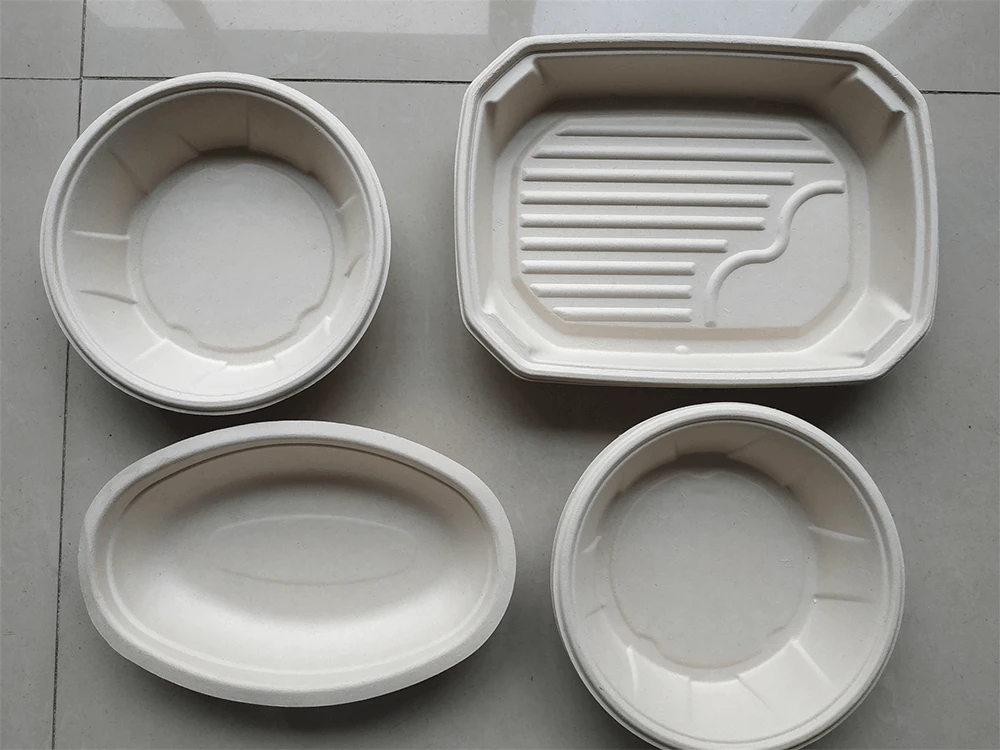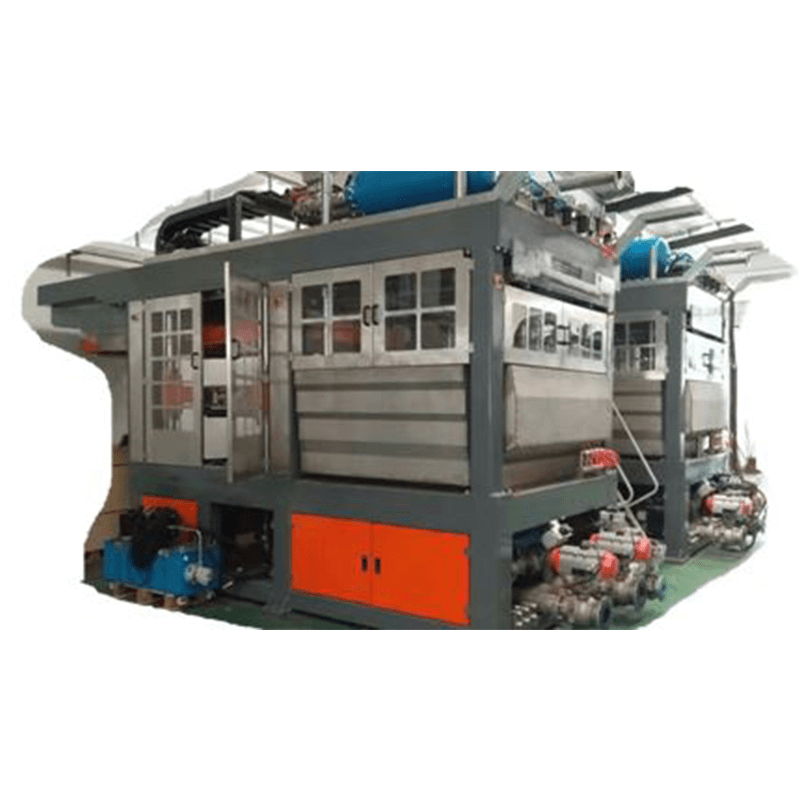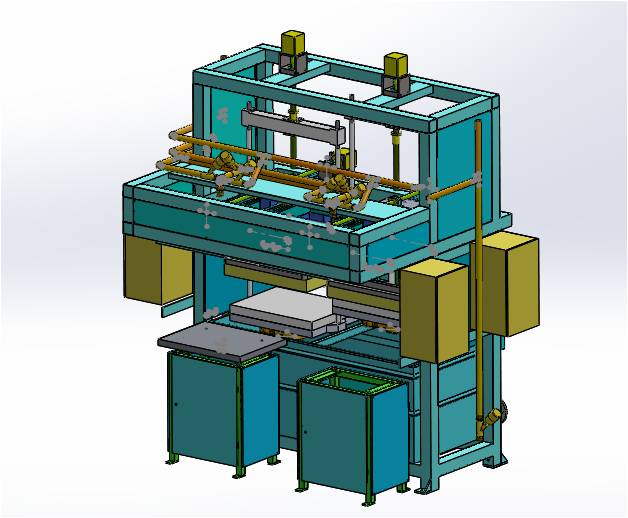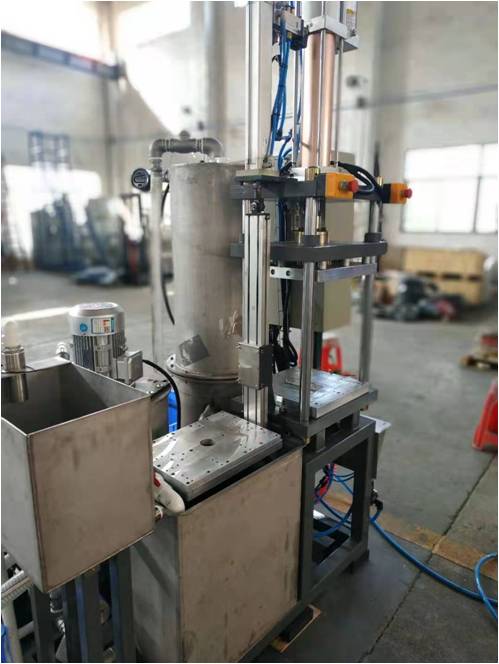The debate surrounding tableware materials has gained substantial traction due to their environmental implications. When comparing pulp tableware with its ubiquitous counterpart, plastic tableware, discernible differences emerge, impacting sustainability, functionality, and environmental impact.
Pulp Tableware
Pulp tableware, predominantly fashioned from natural, renewable resources such as bamboo, sugarcane bagasse, or recycled paper, offers an eco-friendly alternative to traditional plastic. Its manufacturing process involves minimal chemical treatments, maintaining its biodegradability and compostability.
Plastic Tableware
In stark contrast, plastic tableware, derived from petrochemicals, raises red flags in terms of environmental sustainability. Its non-biodegradable nature poses a threat to ecosystems, persisting for centuries in landfills and oceans, perpetuating pollution woes. The production of plastic tableware also contributes significantly to carbon emissions, exacerbating environmental degradation and climate change.
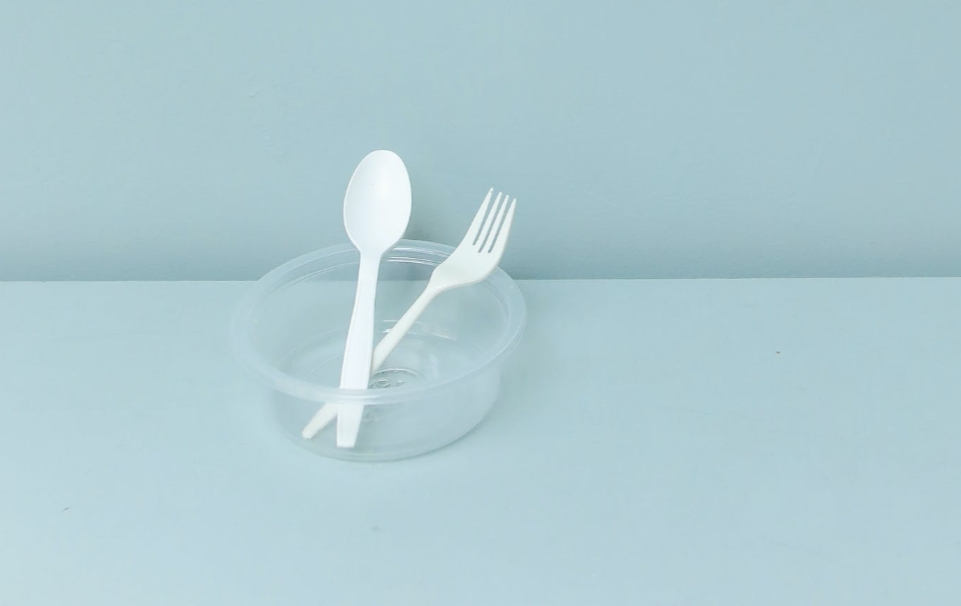
Differences Between Pulp Tableware and Plastic Tableware
Environmental Impact
Pulp tableware, being biodegradable and compostable, embodies a closed-loop system, fostering environmental harmony. Conversely, plastic tableware's non-biodegradable nature spells prolonged environmental degradation and pollution.
Sustainability
The renewable nature of materials used in pulp tableware production ensures a sustainable lifecycle, promoting ecological balance. Conversely, the petroleum-based origins of plastic tableware make it inherently unsustainable, perpetuating resource depletion.
Functional Attributes
While both materials offer usability, pulp tableware boasts robustness and versatility akin to plastic. It stands out for its ability to withstand hot liquids, oil, and moisture, presenting an equally functional alternative without compromising convenience.
Economic Viability
Initially, plastic tableware may seem cost-effective, yet when considering long-term environmental and societal impacts, the cost of pollution cleanup and ecological restoration escalates substantially. Pulp tableware, though marginally more expensive up front, proves economically viable due to its sustainable production and minimal environmental repercussions.
Making Informed Choices
As consumers, acknowledging the differences between pulp and plastic tableware is pivotal in effecting positive change. Opting for pulp tableware aligns with eco-conscious endeavors, supporting sustainability and reducing environmental strain. Making this switch, whether for personal use or in commercial settings, contributes significantly to the global initiative for a greener, healthier planet.
Conclusion
The divergence between pulp and plastic tableware transcends mere material choices—it embodies a commitment towards a more sustainable and eco-conscious lifestyle. The shift towards pulp tableware stands as a conscientious choice, echoing the imperative need to minimize plastic usage and champion sustainable materials. Meishi is committed to providing quality pulp tableware, contact us today and find the perfect solution for your production line.







